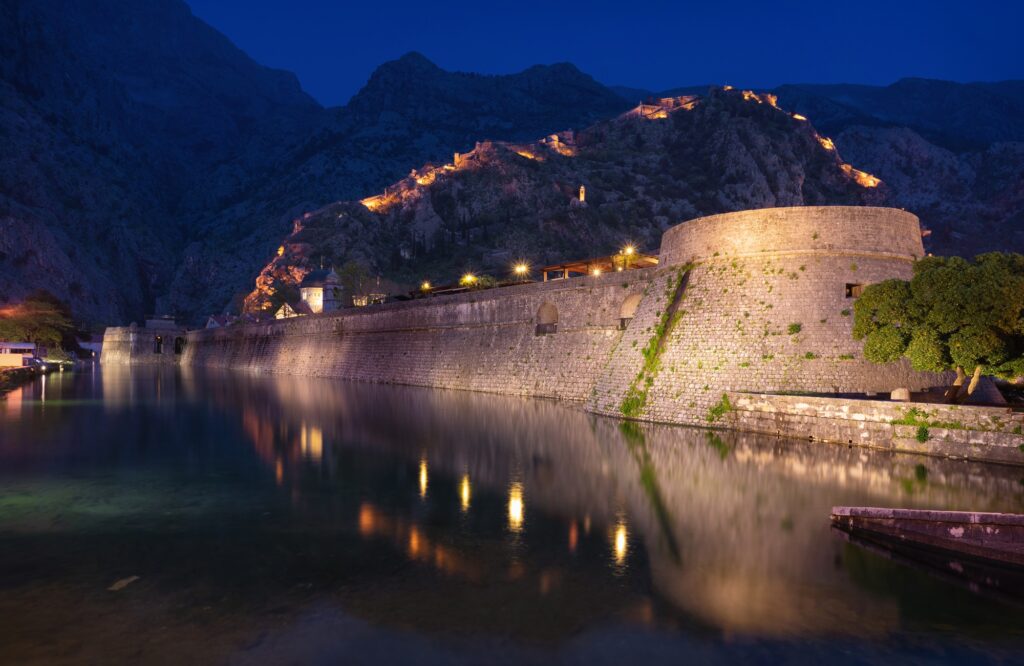Montenegro, actively pursuing EU membership, faces a challenging task: how to comply with EU demands without undermining its economy. One of the key requirements is the introduction of visa rules for Russian, Belarusian, and nine other countries. This commitment is outlined in the 2024–2027 Reform Agenda.
At first glance, these changes seem logical for Montenegro’s EU integration. The country is required to align its visa policy with EU standards, which include imposing visas on countries identified as sources of irregular migration or potential security risks. Russia and Belarus fall into both categories, especially after the Russian-Ukrainian conflict, which reshaped Moscow-Brussels relations.
Tourism at Risk
For Montenegro, however, introducing visas poses significant economic risks. Russian tourists play a pivotal role in the country’s tourism industry. In 2023, over 246,000 Russians visited Montenegro, accounting for 3.7 million overnight stays—nearly a quarter of the annual total.
The complexities of obtaining visas will inevitably reduce tourist inflow, hitting the sector’s revenues. This is particularly concerning given that Russian visitors spend substantial sums in Montenegro, staying an average of 15 days.
Investments in Jeopardy
Equally critical is the impact on investments. Russians have consistently been among the top foreign investors in Montenegro, injecting hundreds of millions of euros into real estate and business ventures. In 2022 alone, direct foreign investments from Russia amounted to €112 million. Visa restrictions could deter potential investors, especially amid geopolitical tensions.
Political and Social Context
Sanctions imposed by the EU on Russia and Belarus have already influenced sentiments within Montenegro. Pro-Russian parties and a segment of the public openly criticize policies that may harm long-term economic ties with Russia. Nonetheless, Montenegro maintains full alignment with EU foreign policy.
Officially, around 12,800 Russians permanently reside in Montenegro, but unofficial figures suggest the number is closer to 23,000. Many have already faced challenges in securing residence permits.
Looking Ahead
Montenegro stands at a crossroads. On the one hand, introducing visas is essential for meeting EU requirements and advancing membership ambitions. On the other hand, this creates significant economic challenges, especially in the short term.
The country must not only implement new control systems, such as biometric data collection, but also develop strategies to minimize the impact on its tourism and investment appeal. Balancing EU obligations with national interests remains Montenegro’s key challenge.










